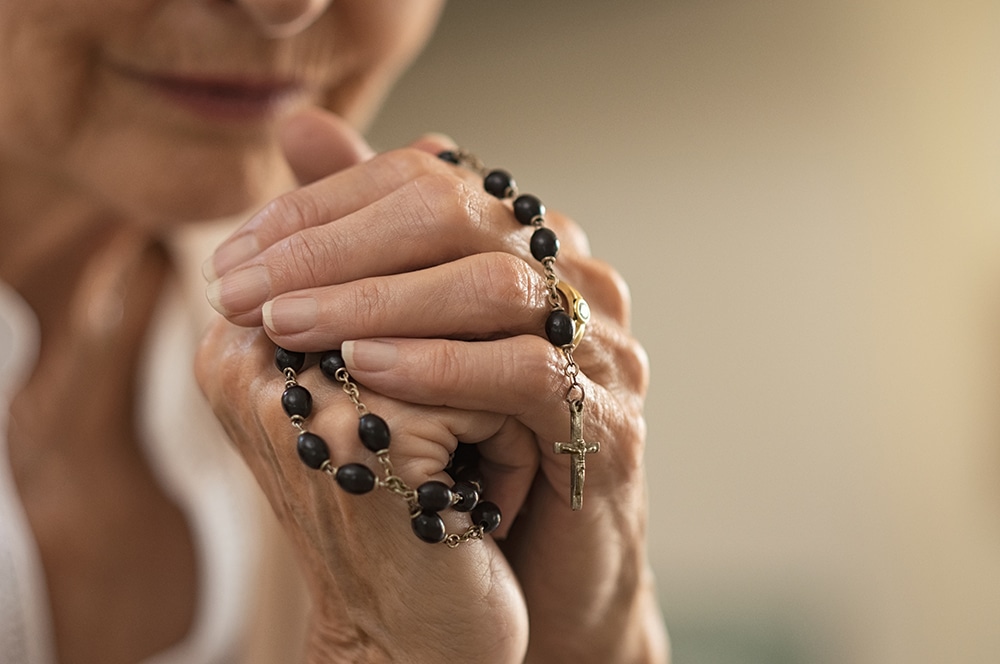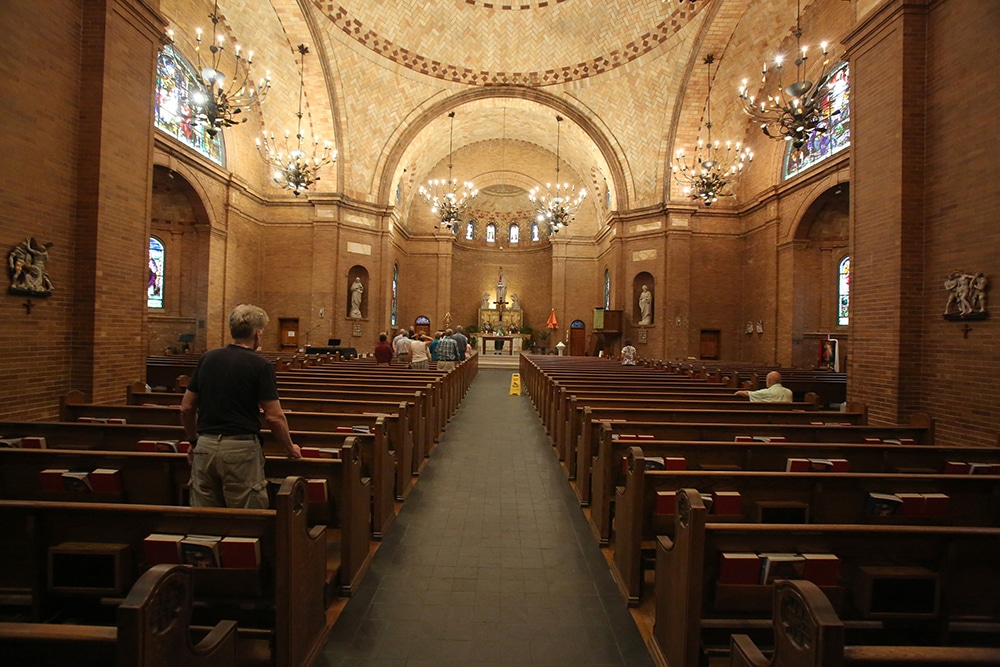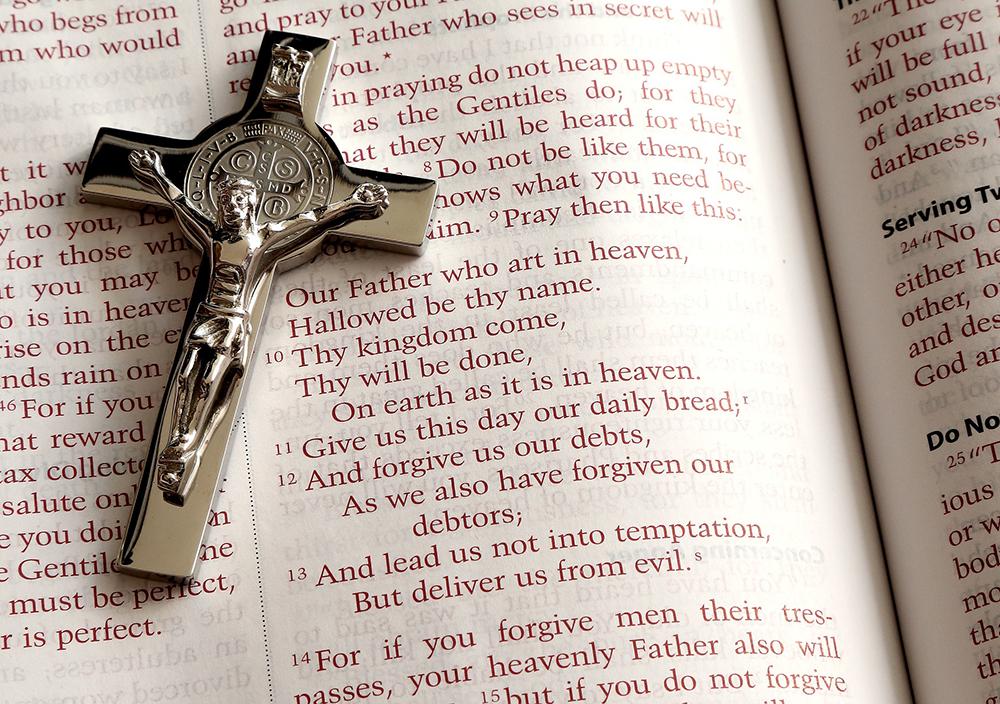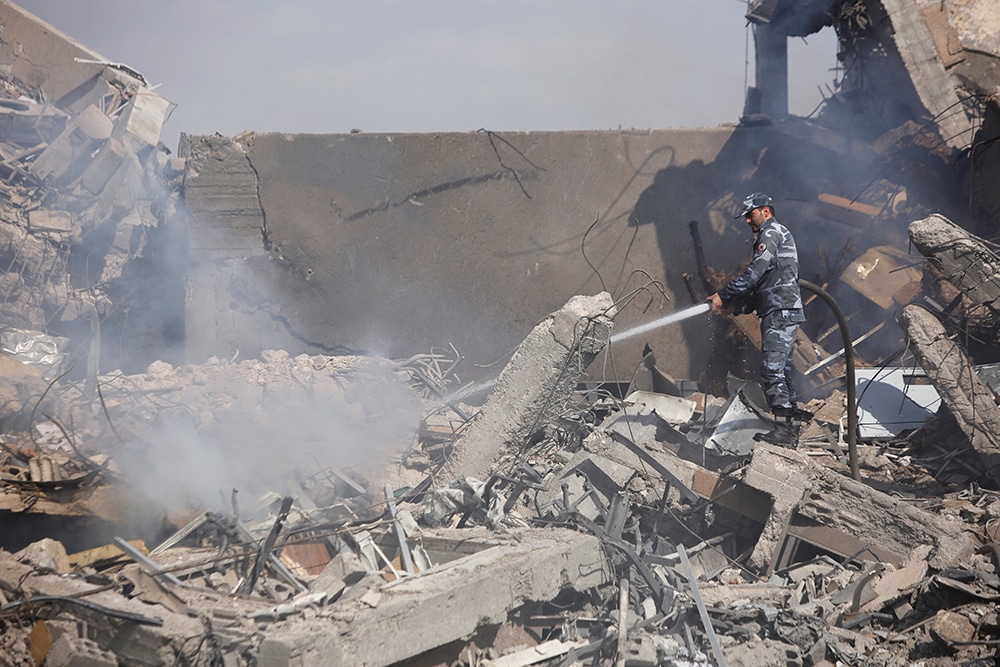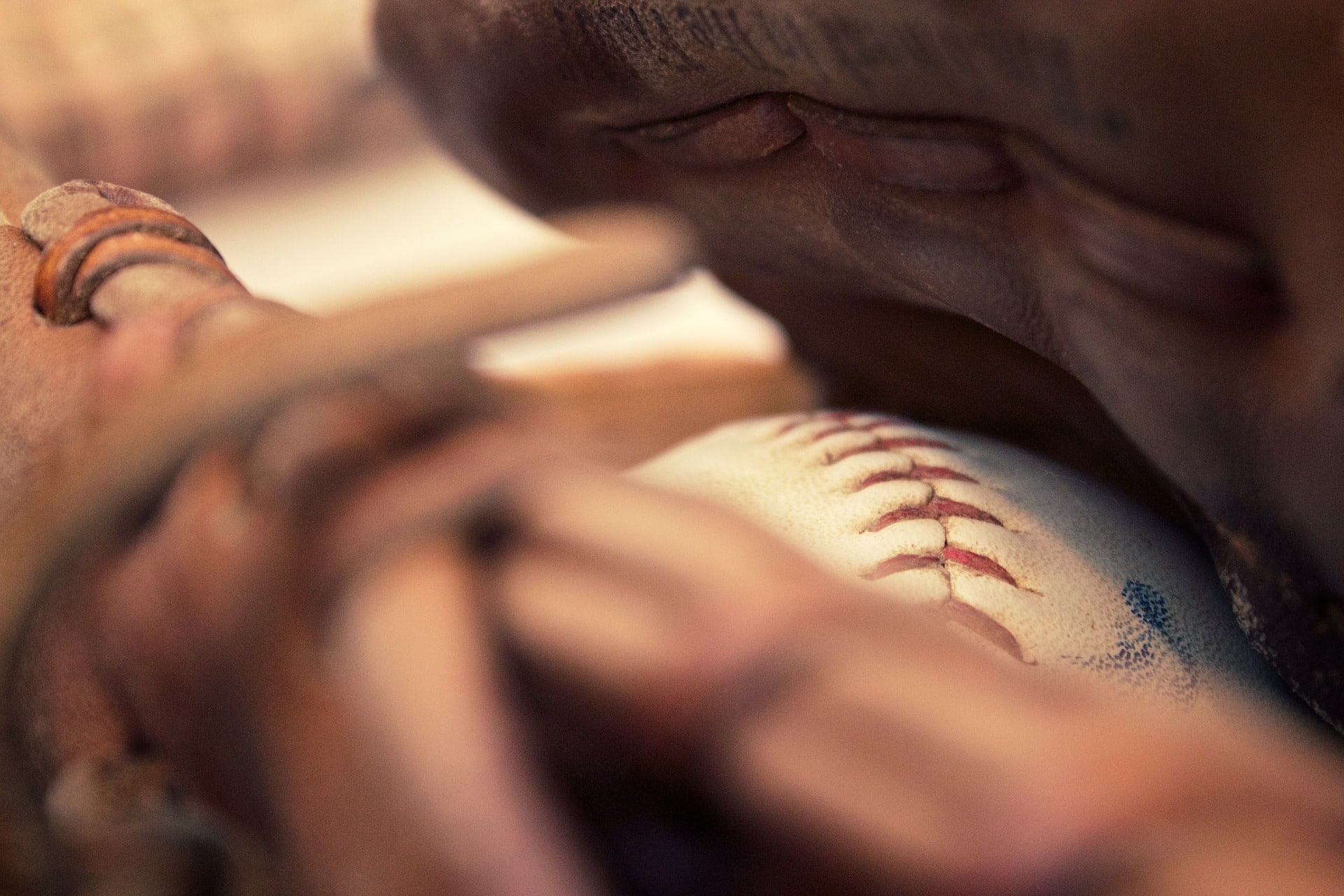 My favorite tweet following the release of Pope Francis’ document on holiness, Gaudete et Exsultate, came from Pauline Sister Theresa Aletheia Noble who said: “(It’s) probably best not to read Pope Francis’ new document on holiness with a focus on: 1. Finding the lines you disagree with most. 2. Delighting in how he calls out your ideological enemies. Let’s simply read and ask the (Holy Spirit) to help us to become holier!” I was grateful for Sister’s attempt to refocus a social media debate that was, only hours after the document’s debut, already out of control.
My favorite tweet following the release of Pope Francis’ document on holiness, Gaudete et Exsultate, came from Pauline Sister Theresa Aletheia Noble who said: “(It’s) probably best not to read Pope Francis’ new document on holiness with a focus on: 1. Finding the lines you disagree with most. 2. Delighting in how he calls out your ideological enemies. Let’s simply read and ask the (Holy Spirit) to help us to become holier!” I was grateful for Sister’s attempt to refocus a social media debate that was, only hours after the document’s debut, already out of control.
No doubt debates and commentaries by observers will continue for the next weeks and months as the document is digested and parsed. But most of us who read the document will be doing so simply looking for encouragement on how we can become holier children of God — how we can take small steps in our daily lives to grow in virtue and into becoming the person whom God created us to be. That is the path to heaven, and that is the fundamental point.
Reading with this lens, one point stuck out to me: the importance of performing a daily examination of conscience. This exercise is very much in keeping with Pope Francis’ own love of Ignatian Spirituality, and it’s something he has spoken about frequently. But this time, and in the context of a full text on holiness, the importance of it more greatly resonated with me.
“Often discernment is exercised in small and apparently irrelevant things, since greatness of spirit is manifested in simple everyday realities,” he wrote. “It involves striving untrammelled for all that is great, better and more beautiful, while at the same time being concerned for the little things, for each day’s responsibilities and commitments. For this reason, I ask all Christians not to omit, in dialogue with the Lord, a sincere daily ‘examination of conscience.'”
It only makes sense. How are we to grow in holiness if we spend no time reflecting on our words, thoughts and actions, be they good or bad?
There are five parts to St. Ignatius of Loyola’s daily “examen,” as outlined by Jim Manney, author of “What Do You Really Want? St. Ignatius Loyola and the Art of Discernment” (OSV, $13.95). They are:
1) Pray for light: Begin by asking God for the grace to pray, to see and to understand.
2) Give thanks: Look at your day in a spirit of gratitude.
3) Review the day: Guided by the Holy Spirit, look back on your day. Pay attention to your experience. Look for God in it.
4) Look at what’s wrong: Face up to failures and shortcomings. Ask forgiveness for your faults. Ask God to show you ways to improve.
5) Resolution for the day to come: Where do you need God today? What can you do today?
Holiness is a process, one that takes work. Perhaps this daily examen will keep us moving forward to our heavenly goal.


